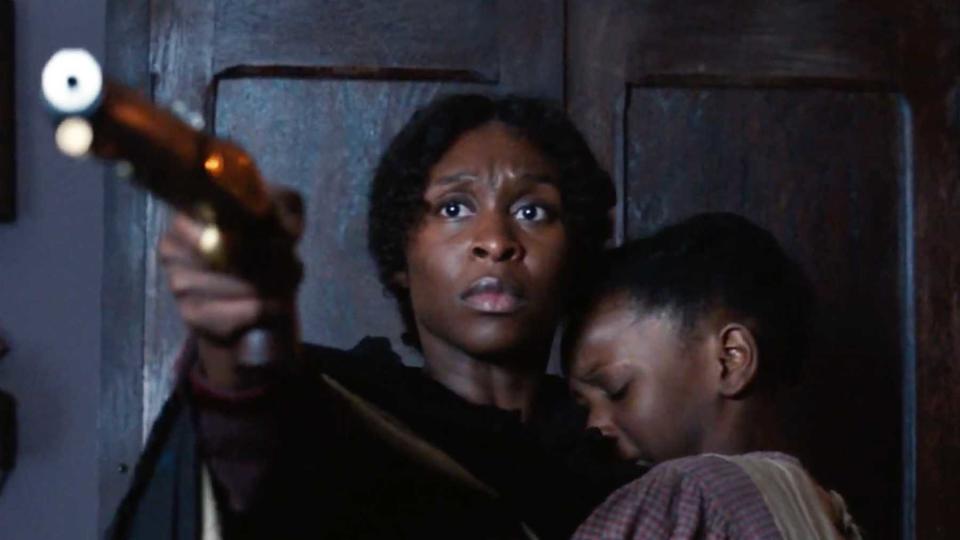Lack of diversity could damage BAFTAs, says director Steve McQueen

Last week in an email to BAFTA voters, chief executive Amanda Berry called the lack of diversity in this year's nominees 'frustrating and deeply disappointing'.
Now director Steve McQueen, a two-time BAFTA winner himself, has said that the organisation needs to change or risk irrelevance.
After the BAFTA nominations were announced last week, it emerged that no non-white actors have been nominated in the acting categories.
Read more: All the Brits who won at the Golden Globes
Meanwhile, its Best Director category was all male for the seventh consecutive year.
Speaking to The Guardian, McQueen said: “After a while you get a bit fed up with it.
“Because if the BAFTAS are not supporting British talent, if you’re not supporting the people who are making headway in the industry, then I don’t understand what you are there for.

“Unless the Baftas wants to be like the Grammys, which is of no interest to anyone, and has no credibility at all, then they should continue on this path,.
“If not then they have to change. Fact.”
McQueen, who won BAFTAs for Hunger in 2009 and 12 Years A Slave in 2014, noted ommisions such as Cynthia Erivo in the biopic Harriet, Lupita Nyong'o in Us and Daniel Kaluuya in Queen & Slim as being obvious potential nominees, who have been snubbed by voters.
Read more: Sienna Miller says diversity-driven casting is “dangerous”
“But not even just British talent, it’s talent in general,” he said. “It’s crazy... When these films are being made to critical acclaim, they’re not even being recognised – that’s nonsense.”
Since the nominations, it's emerged that Erivo had been asked to sing at the awards ceremony on February 2, but had since turned down the invitation.

She told Extra: “I felt like [the invitation] didn’t represent people of color in the right light. It felt like it was calling on me as an entertainer as opposed to a person who was a part of the world of film, and I think that it’s important to make it known that it’s not something you throw in as a party trick, you know?”
Marc Samuelson, head of the BAFTA film committee, has said that 'change is required' and that a 'careful and detailed review within and outside the membership' is to take place.
“There is absolute openness to change, and the organisation made clear its position on the noms and that it was not satisfied,” he said.
Read more: Kathleen Kennedy will receive Bafta Fellowship
“Change is required – what that is is complex and needs calm, careful thought.”
Berry added: “Being totally honest we are disappointed and that is not to take anything away from the people who have been nominated.
“We do have 13 directors nominated who are females across other categories, so everybody from Jennifer Lee who directed Frozen 2, and this is what gives me joy and hope actually, six female directors in the shorts category and that is the category where we are really seeing talent at the start of their career and they are the industry of the future but we are going to do more, we are not going to stop pushing.”
The BAFTAs take place on February 2 at the Royal Albert Hall.

 Yahoo Movies
Yahoo Movies 

